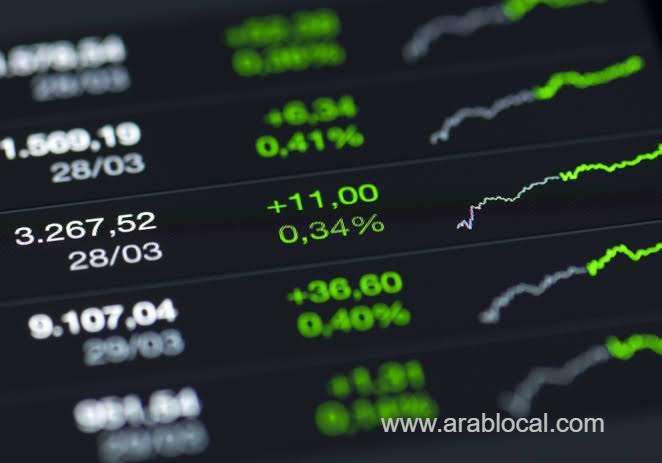Economic indicators express the performance of the economy of a country or a geographical area or the performance of a sector of the economy such as energy, technology, etc. Indices trading allows you to make gains by changing the value of the index both in the ups and downs by entering into deals with the help of a trading broker.
Indices are basically shares of sectors or an economic group, and to facilitate their trading, some financial institutions classify them under certain labels. Stocks can be traded in many ways, including stock trading with contracts for difference, which enables you to buy a certain amount of shares according to the value of the contract you want to risk with the possibility of leverage that doubles your investment to achieve a good profit.
How indices are traded: Contracts for difference is the most appropriate way to trade indices because it gives you the possibility to enter into deals on indices and make profits, whether up or down. For example, if you think that an indicator will rise, you should enter into a buy position, and when you expect that the indicator will decrease, you should enter a sell position. The correct forecast is reached based on an in-depth analysis of the market, economic data, and a complete understanding of stock indices and their movements.
However, you can make a mistake in the analysis and lose the deal because trading in general, whether in stocks, indices, currencies or commodities, has great risks and its movements cannot be expected 100%. You should know that there are two ways to trade indices using CFDs: monetary indicators: Day and weekly traders prefer this type of indices trading because they aim to make daily gains by taking advantage of changing price action.
This method allows them to trade indices at the current price of the index and close deals with ease. Traders using monetary indicators have a short-term view of the market, and therefore they rely in their analysis on the performance of the indicator during the following week only.
2. Index futures contracts: Traders looking to open long-term trading positions prefer index futures as their primary trading option. They buy contracts at forward prices that are agreed upon between the seller and the buyer. It is worth noting that there are additional commissions paid for postponing the deal and the price difference.
What are the steps of trading indices:
Understand how indices work and how to trade them by watching visual and written lessons on indices trading and how they work.
Opening a demo account to learn about the trading platform, how to open and close trades, calculate leverage, pip value, set profit limit and stop loss. Open a real account for trading with one of the trusted brokers and deposit an amount of money to start trading.
Choose the indicator you want to trade on from the indicators available on the trading platform Choose a fast and simple trading platform to make trading smooth and profitable Open a deal according to your analysis of the indicator, follow the movements of the indicator and control it through the platform's tools.
How much money do you need to start trading indices:
The amount of capital you need to start trading depends on many factors. Among them we find the amount that you can save and that you can lose comfortably. This point is very important so that you can control your emotions when trading because during trading you run the risk of losing if your analysis is not correct.
You should also make sure of the minimum deposit amount required by the broker you will deal with. The leverage also plays a big role in the capital you can trade with. For example, if the broker you will be trading with offers a leverage of 1:100 this means that entering a position with a contract of $100 will automatically turn into $10,000 which will multiply your profits by 100 times.
However, the loss will also be the same double which is deducted from the margin available to your account. The right time to trade indices: Due to the influence of many factors such as economic news, political events, etc., there are favorable hours for trading during which the market is calmer and less prone to fluctuations and strong moves. Index trading experts prefer to open positions during the time period 9.30-10.30 EST. During this hour of the day the market movement is large and the cash flow is large which gives you some opportunities to make impressive gains when trading.










